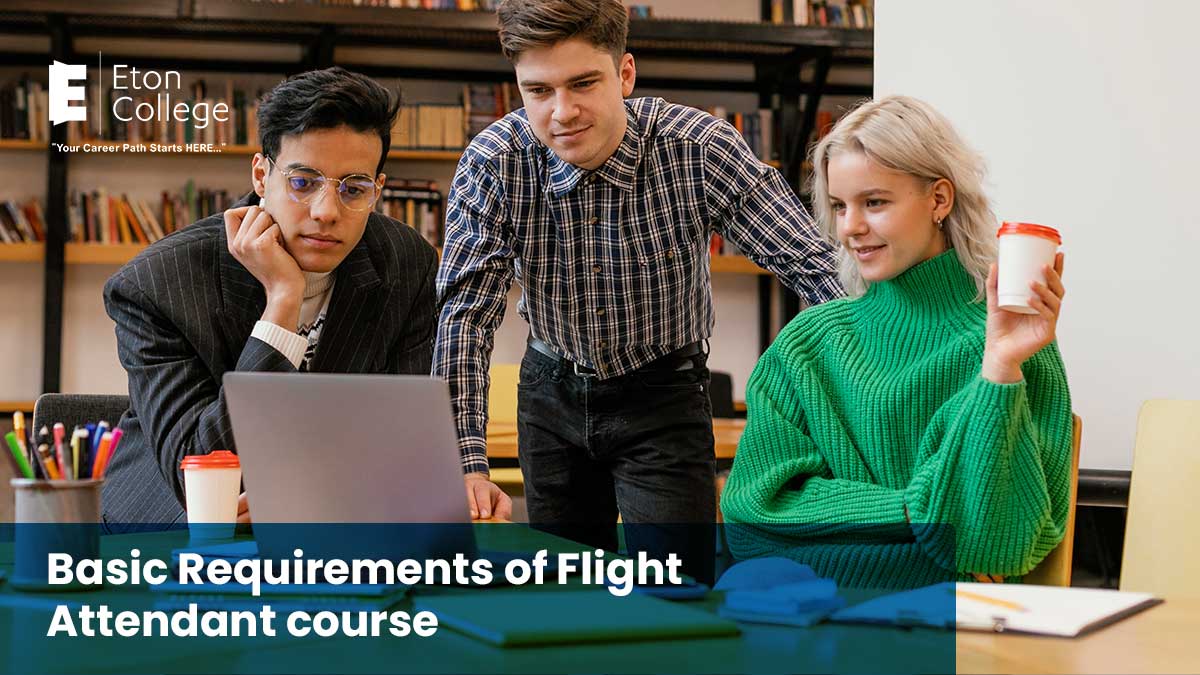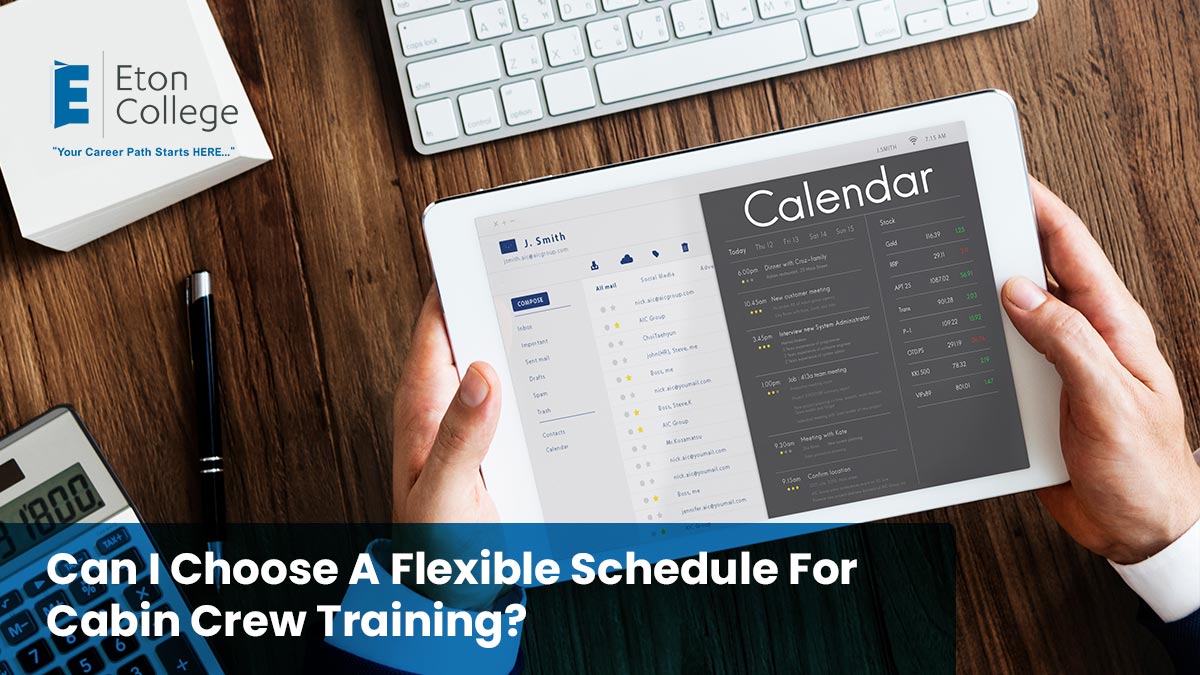- A high school diploma or equivalent is typically required to enroll in a flight attendant course.
- Applicants must meet height and fitness requirements, as the job involves standing for long periods and managing heavy equipment.
- Excellent communication, teamwork, and problem-solving skills are critical for flight attendants to manage diverse passenger needs.
- Candidates must pass a medical examination to ensure they meet the physical and health standards needed for the role.
- By meeting the basic requirements and completing a comprehensive preparation program, students are well-equipped to begin their careers in aviation.
Pursuing a career as a flight attendant requires meeting specific qualifications and completing a course that equips you with the necessary skills. While each program may vary slightly, there are common requirements that aspiring flight attendants need to fulfill to begin their training.
Educational Background
Most flight attendant courses require applicants to have at least a high school diploma or its equivalent. This level of education ensures that trainees have the basic communication, problem-solving, and critical thinking skills necessary for the role.
While some airlines may prefer candidates with higher education or hospitality experience, a high school diploma is typically the minimum requirement to enroll in a training program.
Additionally, proficiency in English is often essential, as flight attendants must communicate clearly with passengers and crew. Some programs may require proof of English language skills, especially for international students, to ensure effective communication in a global travel environment.
Physical and Medical Fitness
Flight attendants must meet specific physical requirements due to the demanding nature of the job.
Most programs require applicants to meet a minimum height requirement, which varies depending on the airline or training institution. Cabin crews need the ability to reach overhead bins, stand for long periods, and manage heavy equipment like service carts.
Medical fitness is also crucial, as flight attendants need to manage high-altitude environments, handle stressful situations, and perform first aid if necessary. Before enrolling in a program, candidates may need to undergo a medical examination to ensure they meet the physical and health requirements for the role.
Age and Background Checks
Most training programs require applicants to be at least 18 years old, though some airlines prefer candidates who are 21 or older. This age requirement ensures that trainees are mature enough to handle the responsibilities that come with the job.
Additionally, a clean background check is a must, as flight attendants are responsible for the safety and security of passengers. Most programs will request background checks or criminal records, and having a clear record is essential for securing employment with airlines after completing your training.
Soft Skills and Personality Traits
A successful flight attendant must possess strong interpersonal skills, including excellent communication, problem-solving abilities, and a positive attitude. These soft skills are just as important as the technical skills learned during training. The ability to remain calm under pressure, work well in teams, and handle diverse passengers with empathy and professionalism are essential traits airlines look for.
Programs like Eton College’s Flight Attendant Preparation Program emphasize both hard and soft skills, ensuring that graduates are not only qualified but also well-prepared for the realities of the job. Eton College combines industry-relevant training with personal development to produce confident, capable flight attendants.
Certifications and Training
Many training programs provide crucial certifications like First Aid, CPR, and AED (Automated External Defibrillator) training. These certifications are mandatory for most airlines and are a vital part of any flight attendant’s qualifications.
While the basic requirements may seem straightforward, successful completion of a program is just the beginning. The quality of the training and the certifications you receive play a crucial role in your career advancement, and institutions like Eton College ensure you meet all the necessary criteria.
Meeting the Requirements: Your First Step to the Skies
Meeting the basic requirements for a flight attendant course is the first step toward a rewarding career in the aviation industry. Programs like Eton College’s Flight Attendant Preparation Program ensure that students not only meet these requirements but also gain the skills and certifications necessary to succeed.
With the right combination of education, physical fitness, and soft skills, you’ll be well-prepared to take on the responsibilities of a flight attendant and start your career on the right path.
FAQs
- What is the minimum educational requirement for a Flight Attendant course?
You need at least a high school diploma or equivalent to enroll in most training programs. - Are there physical requirements for becoming a flight attendant?
Yes, candidates must meet height requirements, be able to lift heavy equipment, and stand for long periods. - Do I need medical clearance before enrolling in a Flight Attendant course?
Yes, most programs require a medical exam to ensure you meet the physical and health standards necessary for the job. - What certifications will I receive during a Flight Attendant Preparation Program?
You will typically receive certifications like First Aid, CPR, and AED training, which are mandatory for most airlines. - Does Eton College’s Flight Attendant Preparation Program help with job placement?
Yes, Eton College offers career support services, including resume building, interview preparation, and networking opportunities, to help graduates find employment.




